
Essential Security Practices for Using APIs with Exchange Keys
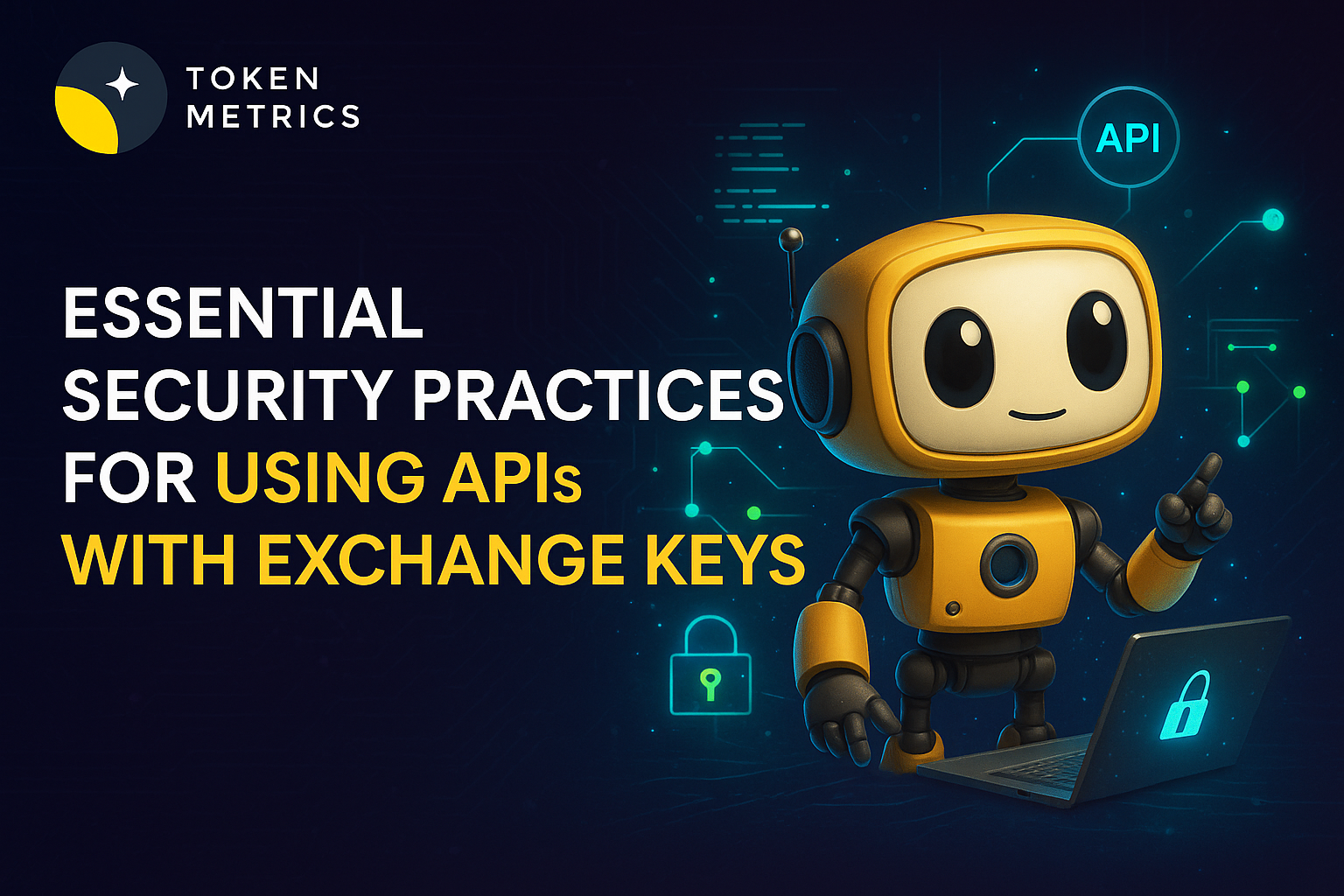
As cryptocurrencies and digital assets become more integrated into financial operations and innovations, APIs (Application Programming Interfaces) have emerged as the primary bridges between users, trading bots, analytics platforms, and exchanges. While APIs unlock powerful functionality—like automated trading and real-time data—linking your exchange accounts via APIs also introduces critical security considerations. Protecting your API keys is essential to safeguarding your funds, data, and digital reputation from external threats and accidental losses.
Understanding API Keys and Their Risks
API keys are like digital master keys—long alphanumeric codes generated by crypto exchanges to grant third-party services or tools controlled access to your trading account. Depending on the permissions set, an API key can enable actions such as reading balances, making trades, or withdrawing funds. This convenience, however, comes with risk. If malicious actors obtain your keys, they could execute trades, drain assets, or compromise personal data.
Common threats include:
- Phishing Attacks: Attackers may trick users into entering keys on fake platforms.
- Code Leaks: Mismanaging code repositories can accidentally expose keys.
- Server Vulnerabilities: APIs stored on unsecured servers are at risk of hacking.
- Over-permissive Keys: Granting broad permissions unnecessary for specific tasks increases potential damage.
Recognizing these risks is the first step toward building a robust security approach for API-driven crypto activity.
Implementing Strong API Key Management
Securing your API keys starts with effective key management and following exchange best practices:
- Generate Keys with Minimal Permissions: Always apply the principle of least privilege. If an API integration only requires read access, avoid enabling trading or withdrawal permissions. Many exchanges offer highly configurable permissions—take advantage of this granular control.
- Use IP Whitelisting: Restrict API key access to specific, trusted server IPs. Even if keys leak, unauthorized access will be blocked from non-whitelisted locations.
- Rotate and Revoke Keys Regularly: Set schedules to periodically rotate API keys and immediately revoke any unused or suspicious keys. Regular audits ensure that only necessary, actively-used keys remain valid.
- Monitor API Usage Logs: Review your exchange’s API activity logs to spot unauthorized or unusual requests. Early detection can mitigate losses if a breach occurs.
- Store Keys Securely: Never hard-code API keys in plaintext in your application code. Use environment variables, encrypted vaults (like AWS Secrets Manager or HashiCorp Vault), or secure OS keyrings to manage sensitive secrets.
Following these workflows reduces the risk surface significantly and forms the backbone of secure API integration.
Securing Your Development and Production Environments
The environments where your code and API keys reside are just as important as the keys themselves. Weak operational security can leave even well-managed keys vulnerable.
- Use Version Control Best Practices: Exclude secrets from version control (e.g., using .gitignore for Git) and never share sensitive files. Tools like git-secrets can scan for accidental leaks during development.
- Apply Role-Based Access Controls (RBAC): Only allow trusted team members access to code and production systems that utilize keys. Revoke access as soon as responsibilities change.
- Update System Dependencies: Regularly patch libraries, dependencies, and server operating systems to defend against vulnerabilities exploited in the wild.
- Implement Multi-Factor Authentication (MFA): Require MFA on all user and administrative exchange accounts. Compromising a password alone should never be enough to make unauthorized key changes.
- Use Secure Communications: Ensure all API calls use HTTPS/TLS to prevent interception.
Investing in layered security controls around your infrastructure and development pipeline creates holistic protection that complements API best practices.
Evaluating the Security of Third-Party Crypto APIs
Before connecting your exchange account to any external tool or platform via APIs, carefully evaluate its security posture. Consider these assessment steps:
- Review Documentation: Reliable crypto APIs offer transparent documentation on how keys are stored, encrypted, and transmitted.
- Check Vendor Reputation: Research user reviews and security incident history for the platform you plan to use.
- Analyze Incident Response: Is there a clear plan and history for handling breaches or accidental leaks?
- Data Privacy and Compliance: Examine whether third parties comply with data protection standards like GDPR or SOC 2 relevant to your region.
- Open Source Versus Closed Source: Open source software enables code review, while closed platforms may require direct communication for trust verification.
Partnering with reputable service providers, like Token Metrics, that clearly prioritize and communicate security, greatly reduces integration risks.
Monitoring and Responding to Suspicious API Activity
Even with the best defenses, continuous monitoring and a planned response are vital if your API keys are ever exposed. Effective strategies include:
- Set Real-time Alerts: Configure your exchange or service dashboards to instantly notify you of critical actions—such as failed logins, unauthorized IP access, unexpected trades, or withdrawal attempts.
- Have an Incident Response Plan: If suspicious activity is detected, act swiftly: revoke affected API keys, audit trading histories, and contact exchange support as needed.
- Log All API Events: Maintain logs to help reconstruct the sequence of actions during an incident—crucial for both remediation and any investigations that may follow.
- Limit Exposure: Never share API keys via unencrypted email or chat, and avoid reusing keys across multiple services.
Rapid detection and response minimize the impact of breaches and strengthen your security over time through valuable lessons learned.
Build Smarter Crypto Apps & AI Agents with Token Metrics
Token Metrics provides real-time prices, trading signals, and on-chain insights all from one powerful API. Grab a Free API Key
Frequently Asked Questions
Are API keys safe to share with third-party tools?
Only share API keys with platforms you trust and have thoroughly evaluated. Limit permissions, monitor usage, and revoke keys if suspicious activity is detected.
What permissions should I set on my exchange API keys?
Apply the principle of least privilege. Grant only the permissions the integration or bot requires—commonly, just read or trading access, never withdrawal if not needed.
How often should I rotate my API keys?
Best practice is to rotate API keys regularly, at a cadence that fits your operational needs, and immediately after any suspected compromise or when discontinuing a service.
Can AI tools help me detect suspicious API behavior?
Yes. AI-powered analytics can spot unusual trading patterns or access anomalies—which might indicate theft or security breaches—faster than manual monitoring.
What if my API key is compromised?
Immediately revoke the affected key, review your account for unauthorized actions, activate additional security measures, and notify your exchange's support team as necessary.
Disclaimer
This blog is for educational purposes only and does not constitute investment, trading, or legal advice. Always conduct your own research and apply security best practices when handling APIs and exchange keys.

.svg)

Create Your Free Token Metrics Account

.png)




%201.svg)
%201.svg)


%201.svg)





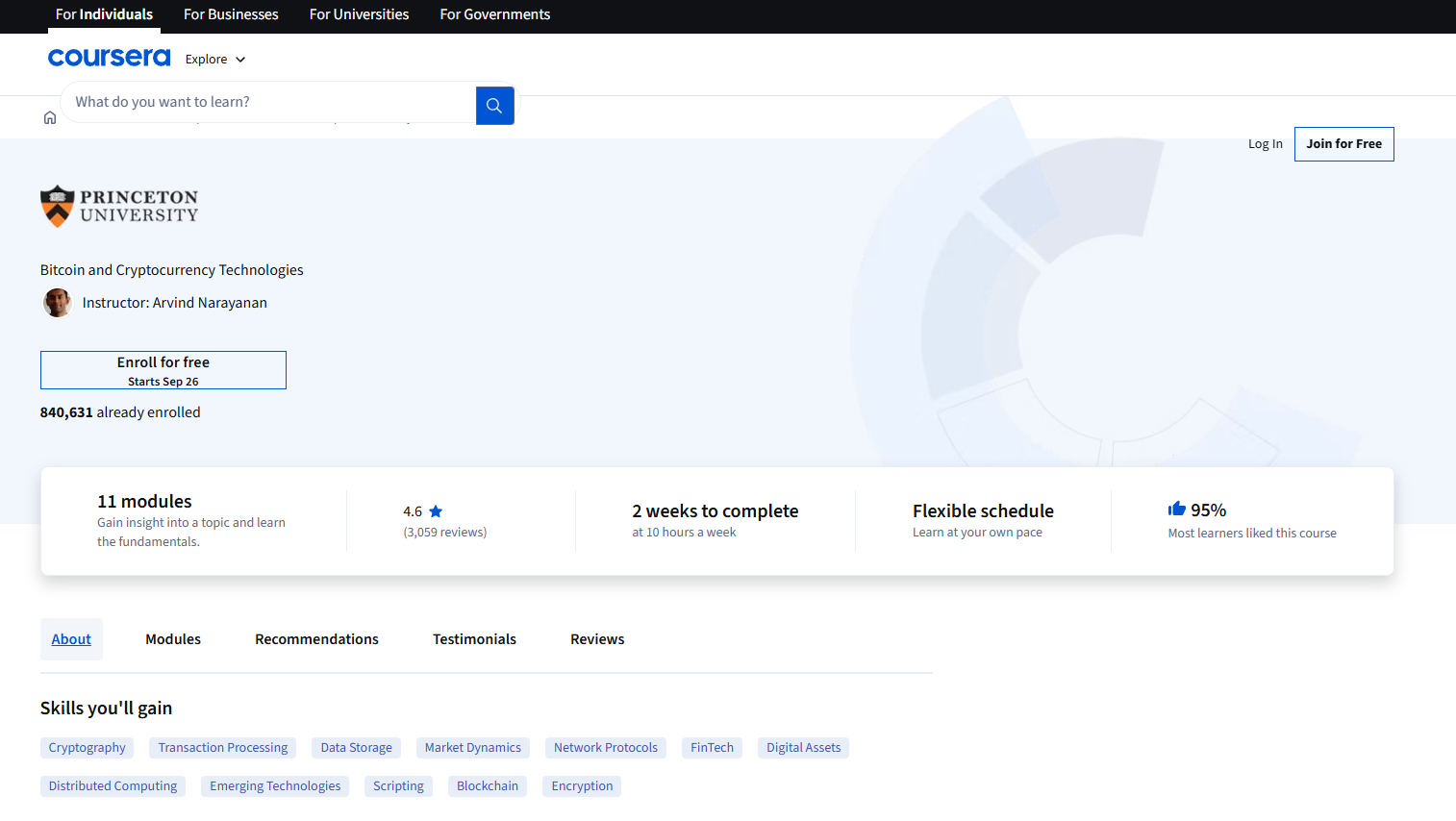


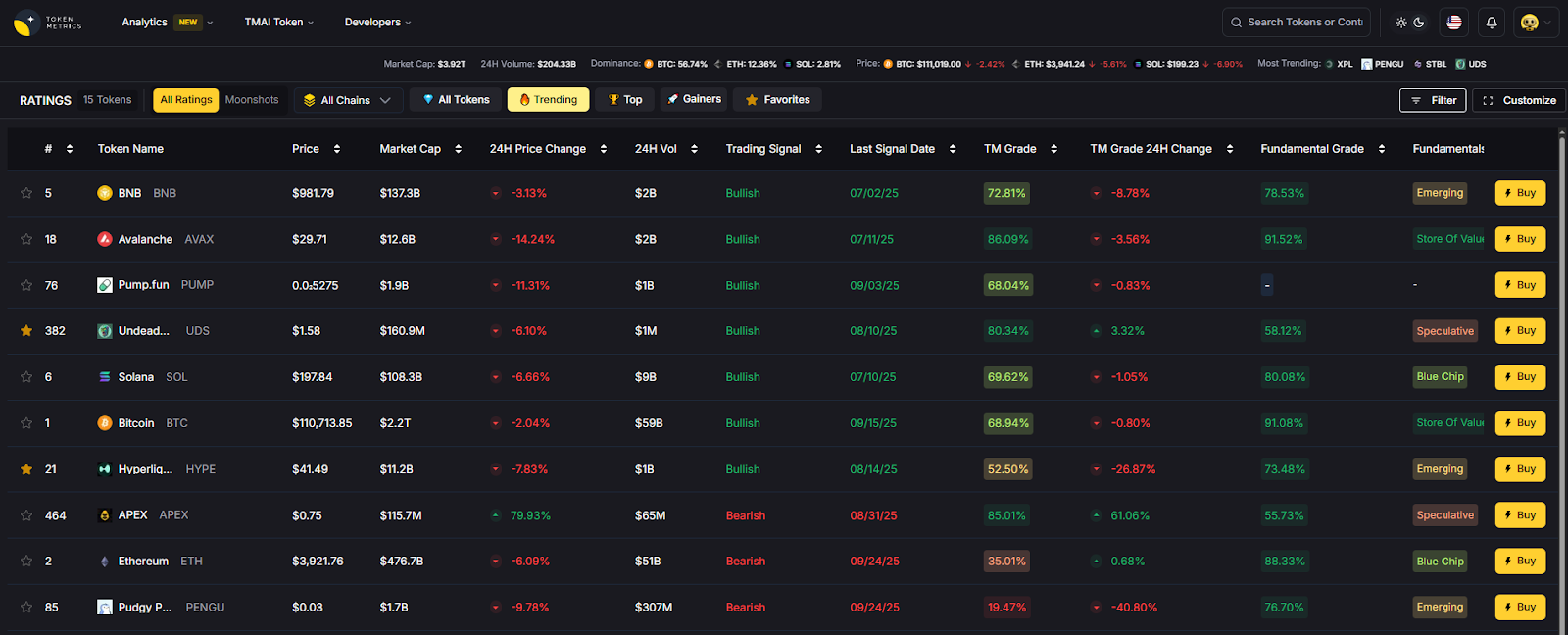
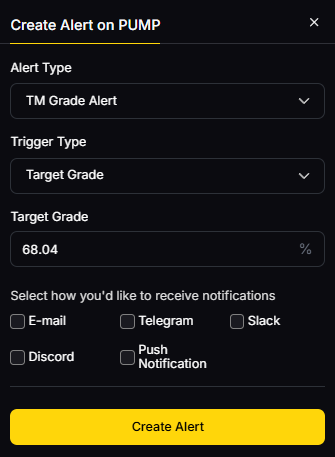




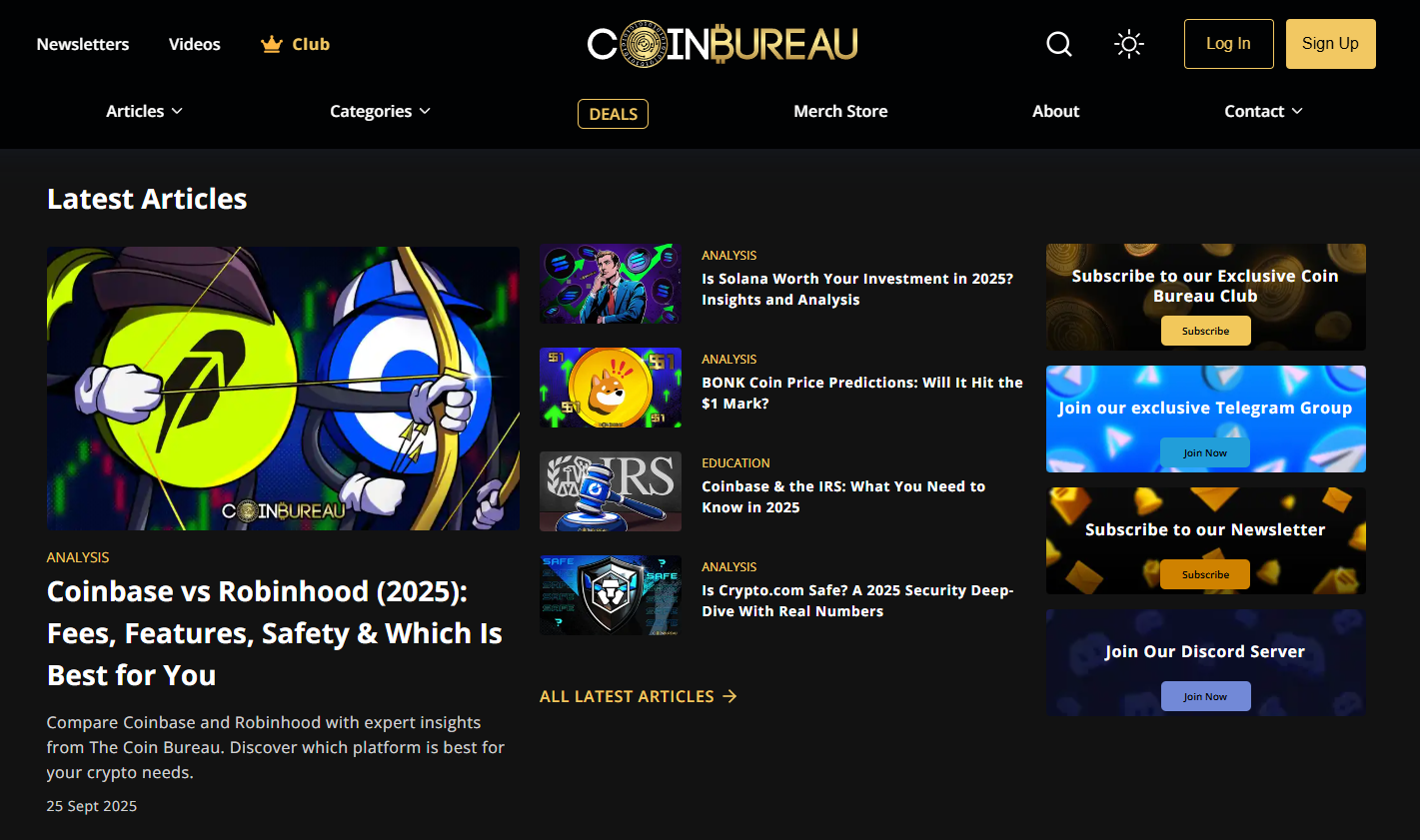

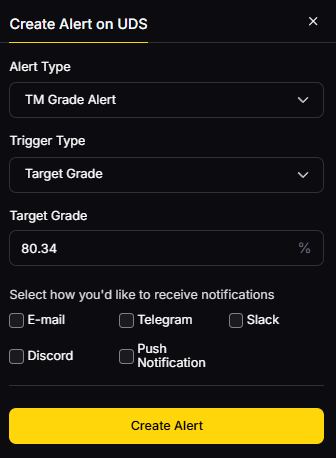

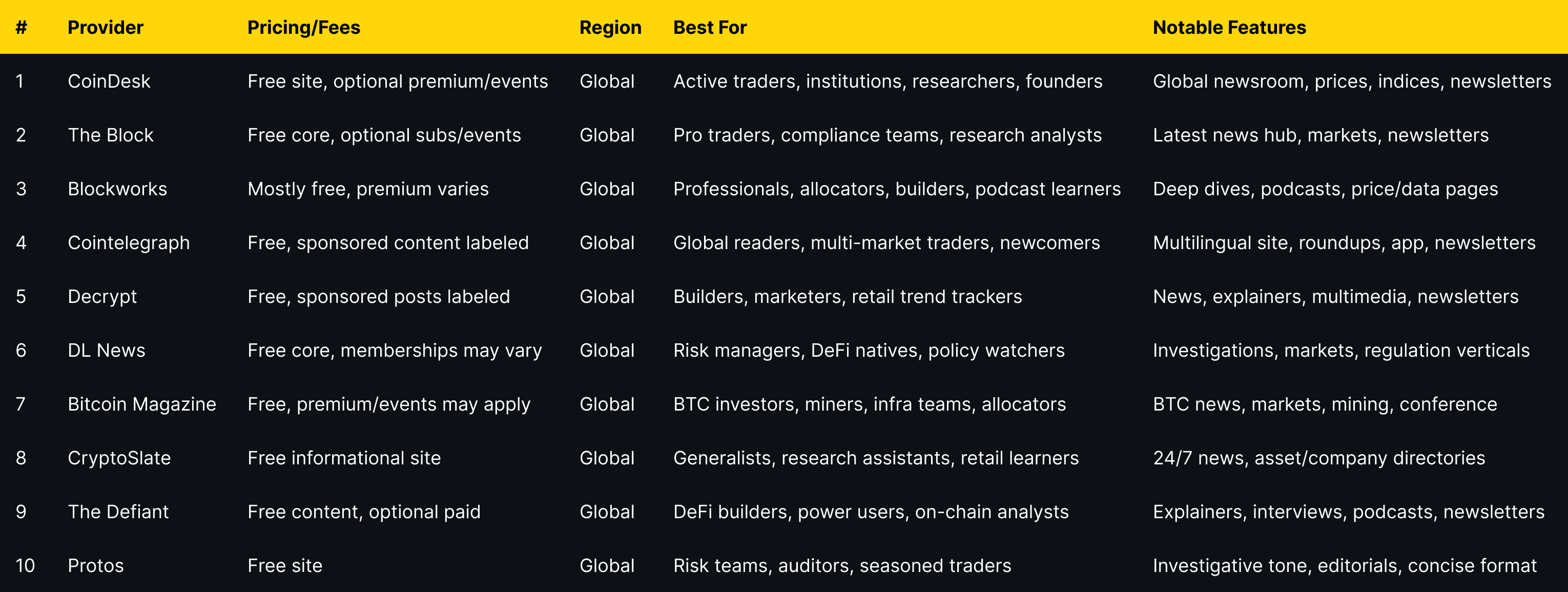
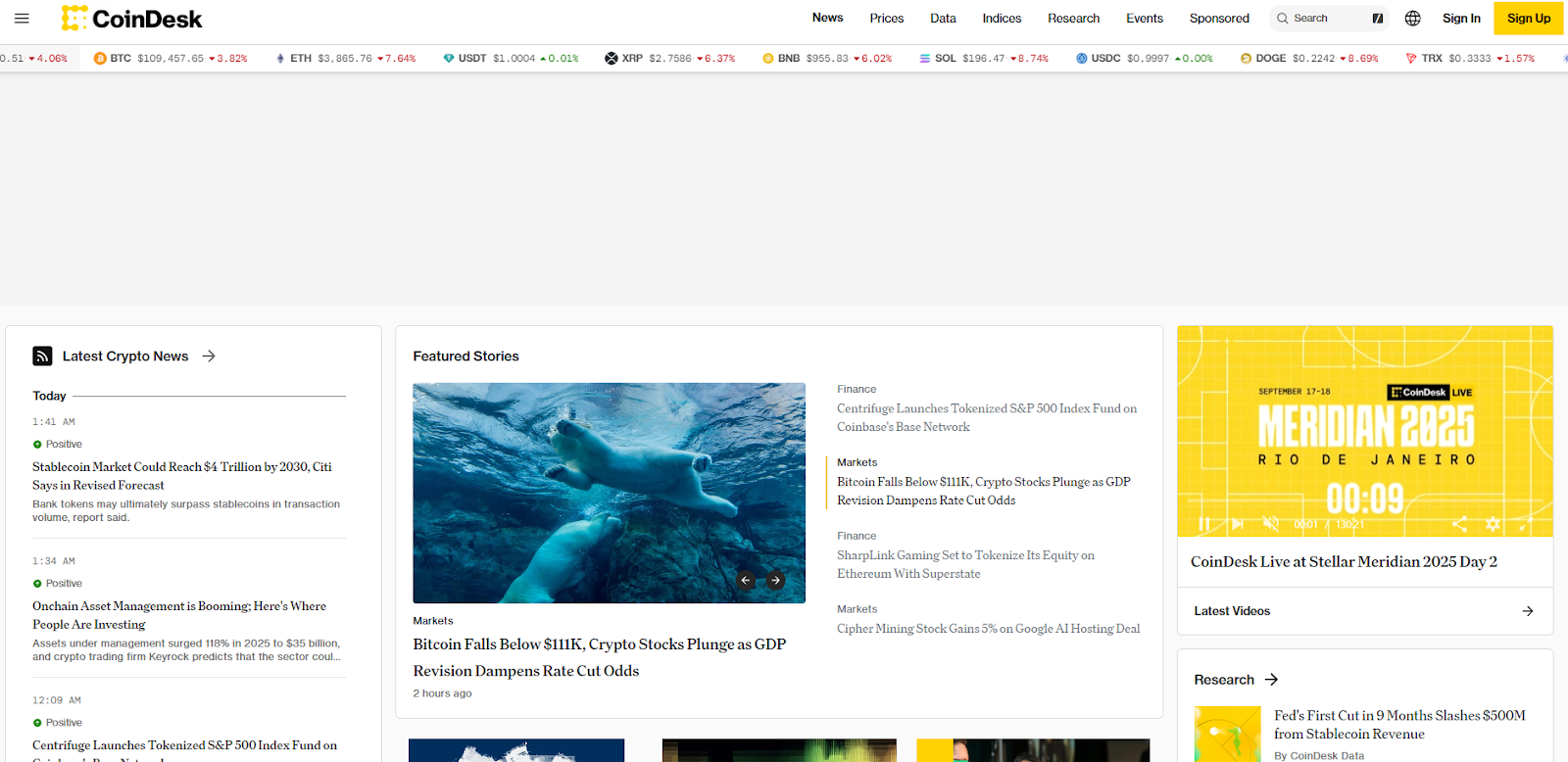





.svg)




.png)